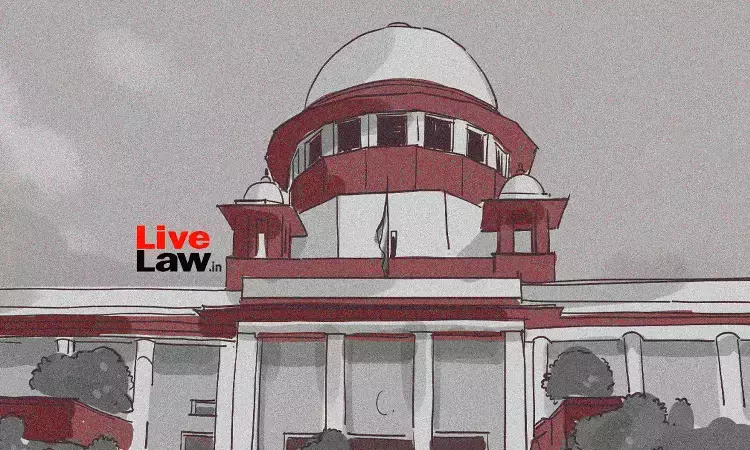

The Supreme Court, in a judgment delivered on May 1, cautioned against the routine issuance of non-bailable warrants. The Court said that non-bailalbe warrants not be issued unless the accused is charged with a heinous crime, and is likely to evade the process of law or tamper/destroy evidence. “While there are no comprehensive set of guidelines for the issuance of nonbailable warrants.
The Supreme Court, in a judgment delivered on May 1, cautioned against the routine issuance of non-bailable warrants. The Court said that non-bailalbe warrants not be issued unless the accused is charged with a heinous crime, and is likely to evade the process of law or tamper/destroy evidence.
“While there are no comprehensive set of guidelines for the issuance of nonbailable warrants, this Court has observed on several occasions that nonbailable warrants should not be issued, unless the accused is charged with a heinous crime, and is likely to evade the process of law or tamper/destroy evidence.”, the bench comprising Justices Sanjiv Khanna and SVN Bhatti said.
The non-bailable warrant was issued against the accused/appellant by the trial court after the accused didn't show his appearance before the court despite the issuance of a bailable warrant.
The chargesheet was filed against the appellant containing offences under Sections 323, 504, 506, 120B, 308, and 325 of the IPC.
Reversing the findings of the High Court, the Judgment authored by Justice Sanjiv Khanna observed that the nonbailable warrants issued against the appellant were unsustainable and should be quashed.
“It is a settled position of law that non-bailable warrants cannot be issued in a routine manner and that the liberty of an individual cannot be curtailed unless necessitated by the larger interest of the public and the State.”, the court said.
Case Title: Sharif Ahmed and others vs State of Uttar Pradesh, VAKIL AHMAD & ORS. VERSUS STATE OF UTTAR PRADESH THROUGH SECRETARY, DEPARTMENT OF HOME & ANR.
Citation : 2024 LiveLaw (SC) 337